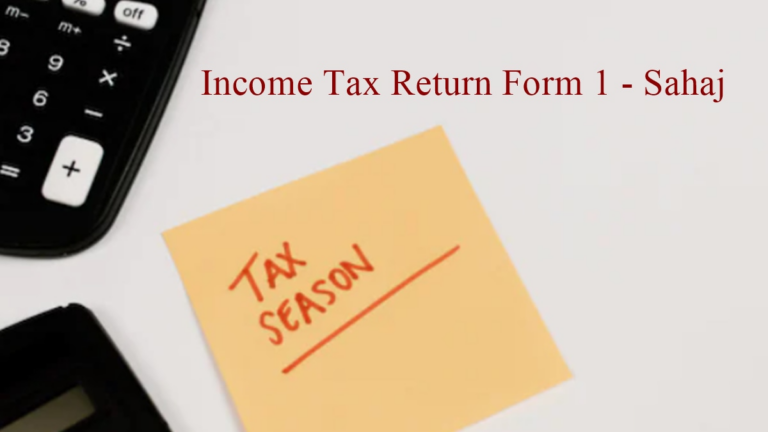
[ad_1]
Income Tax Return Filing: When tax liability increases due to the receipt of arrears or additional payments, it usually occurs because the arrears or additional income are added to the individual’s total income for the current financial year. This increased income may push the individual into a higher tax bracket, resulting in a higher tax liability.
These arrears can be in the form of salary, pension, rent, or any other income that was supposed to be received in earlier years but was delayed or withheld. When these arrears are eventually paid to the individual, they are considered taxable income for the year in which they are received.
Also Read: Expert Tips For Individual Taxpayers To Chose Correct ITR Form
For example, if an employee earns arrears of salary in 2022, but the arrears relate to 2021, the employee may have to pay a higher tax rate on the arrears in 2022.
In such cases, if a taxpayer’s tax liability increases due to arrears, they may be able to claim relief under Section 89(1) of the Income Tax Act, 1961. This relief can help to reduce the amount of tax that the taxpayer has to pay.
Also Read: Effortless ITR Filing: A Step-by-Step Guide To Register On Income Tax Portal
Section 89(1) Of Income Tax Act, 1961
Section 89(1) of the Income Tax Act, 1961 provides for relief from tax on arrears of salary. This relief is available to employees who receive salary arrears in a financial year, but the salary arrears relate to a previous financial year.
This section allows individuals to claim relief and have their tax liability reduced by computing tax on the total income of the year in which the arrears or additional payments are received, along with the relief for the previous years in which the income would have been originally taxed.
The amount of relief available under Section 89(1) is calculated as follows:
- The tax liability for the year in which the arrears are received is calculated.
- The tax liability for the year to which the arrears relate is calculated, as if the arrears had been received in that year.
- The difference between the two tax liabilities is the amount of relief available.
ITR Filing: How To Claim Relief Under Section 89(1)?
To claim relief under Section 89(1), the employee must file Form 10E.
The purpose of Section 89(1) is to prevent the undue hardship caused by a higher tax liability resulting from the accumulation of income in a particular year.
By availing relief under this section, individuals can ensure that they are taxed at the average rate applicable to their income spread over the relevant years.
It is important to note that relief under Section 89(1) is applicable only for salary and pension income and not for income from business or profession.
Form 10E: All Questions Answered
What is Form 10E?
In case of receipt in arrears or advance of any sum in the nature of salary, relief under section 89 can be claimed. In order to claim such relief, the assessee has to file Form 10E. The Form must be filed before filing the income tax return.
Do you need to download and submit Form 10E?
No, there is no need to download Form 10E as the submission can be done online after log in to e-Filing portal (https://www.incometax.gov.in/iec/foportal/).
When should you file Form 10E?
Form 10E has to be filed before filing your Income Tax Return.
Is Form 10E mandatory to file?
Yes, it is mandatory to file Form 10E if you want to claim a tax relief on your arrear / advance income.
What will happen if you fail to file Form 10E but claim relief under section 89 in ITR?
If you fail to Form 10E but claim relief u/s 89 in your ITR, your ITR will be processed but the relief claimed u/s 89 will not be allowed.
How do you know that IT department has disallowed the relief claimed by me in my ITR?
In case the relief claimed by you u/s 89 is disallowed, the same shall be communicated by the ITD through an intimation u/s 143(1) after the processing of your ITR is complete.
[ad_2]